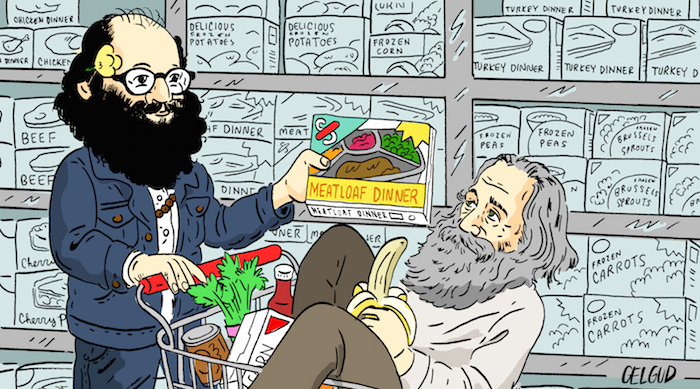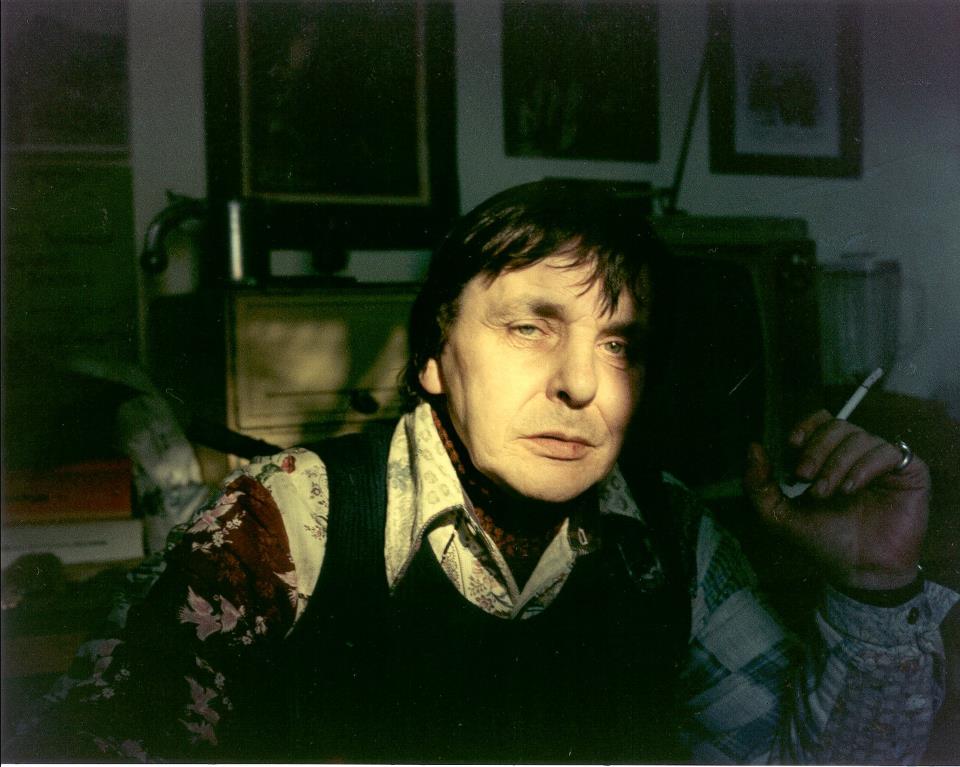
How can we use poetry to reflect our perspectives on peoples, places, events, and beliefs?
In a galaxy far far away…
As with tradition, with the release of the latest installment in the star wars series, PLP hosted a star wars winter exhibition. Star Wars is a generational series of movies that are one of the critical events of the past 30 years because of its profound cultural influence. Star Wars is not just a sci-fi film but rather it is a greater cultural phenomenon. We did our part in keeping the tradition by participating in this year’s exhibition.

Poetry
In this year’s exhibition, we transformed Seycove’s weight room to the Mos Eisley Cantina. In this Cantina of all personalities, we presented 2 acts of poems that were a product of inspiration from the beat generation. The Beat Generation was a group of rebels and poets who shared their critique of society in their poems.

In our poems, we didn’t set out to be the next beatniks, but we shared our understanding of the world through our poetry. Using powerful literary devices we crafted our poems from scratch. I wrote 20+ poems, but only 9 made the cut of my final collection because some of my poems had to be cut because they were too personal or lacked an effective storyline.
Put up a brave face
Telling stories of who I can be
After years of languishing in the daylight
I begin to question if they are just stories I tell
Are they stories of a future I am to be or just a fairy tale?
-“Trial and Error”
Above is an excerpt from one of the poems called “Trial and Error”. Trial and Error is my favorite poem in my collection and one that I presented on stage at the exhibition. My poetry ranged from serious personal poetry to the far more playful. All of my poems can be found in my collection entitled Tragedy of Thought.

Spoken Word
What literacy skills am I using to write, speak, and represent in the texts I create?
The spoken word was different from written poetry because it challenged different parts of my brain. It forced me to learn how to utilize more audial literary devices like alliteration and assonance. These tools are magnified by the on-stage element of the exhibition. Working on my literary skills challenged my connection with the words I use. The goal of any poem is to communicate a viewpoint, experience, moment, or an emotion with the words found in the poem. I am not a proven poet so it made creating this communicative element ever more challenging.
I challenged myself to try to create poems that excelled in the communicative elements. After the exhibition, I spoke to my dad and he had an interesting thing to say about what I spoke about on stage. He mentioned how well I was articulating my ideas, and although it is only one data point, the fact that I connected on issues that were largely unrelated to him shows how well I communicated key emotions and experiences. I was only able to do that because of my use of literary devices. The use of assonance, alliteration, and euphony in my poems were very important to my success on stage.
The Beat Generation
I mentioned the beat generation above but I failed to mention how crucial they were to American culture in the ’50s. Similar to the more well known counter-culture movement in the late ’60s, they challenged societal norms. As part of our research, I wrote a paper on Herbert Hunke, and it shed light on the true nature of the Beat Generation. He was not well known as a poet but he is heralded for first to coin the “beat generation”. He was good friends with many of the most well-known poets of the time like Allen Ginsberg. Hunke was a unique personality; he was a self-described drug addict and someone with a laid back attitude is the epitome of the beat generation stood for.

In the unit, I was challenged to understand historical perspective. It is described as being able to explain and infer different perspectives on past or present people, places, issues, or events by considering prevailing norms, values, world views, and beliefs. I prefer to think about it as the impact of the historical framing in certain events. In studying Herbert Hunke I gained a greater understanding of historical perspective.
Learning about the significance of the movement was one of the most interesting parts of the unit. Through my bio of a beat, I wrote about Herbert Hunke. I had to understand how the environment of post world war 2 America influenced his life. In my writing, I showed my understanding of the historical framing that played such a key role in Hunke’s life.

How can we use poetry to reflect our perspectives on peoples, places, events, and beliefs?
Poetry gave me an outlet that was unique because of how I could create a fantasy world built upon my creative expression. I could put to words emotions that I may have struggled to comprehend. Words are my most powerful tool because I feel more comfortable putting words on paper instead of speaking. I fell in love with writing poems and that was key to my learning in the unit. After writing the poems I felt more powerful and more articulate. By putting my thoughts on the page it reached deeper into my mind than I ever had before. It changed the way I thought of literature and the English language because it taught me the importance of the very words that I use in my everyday life.
